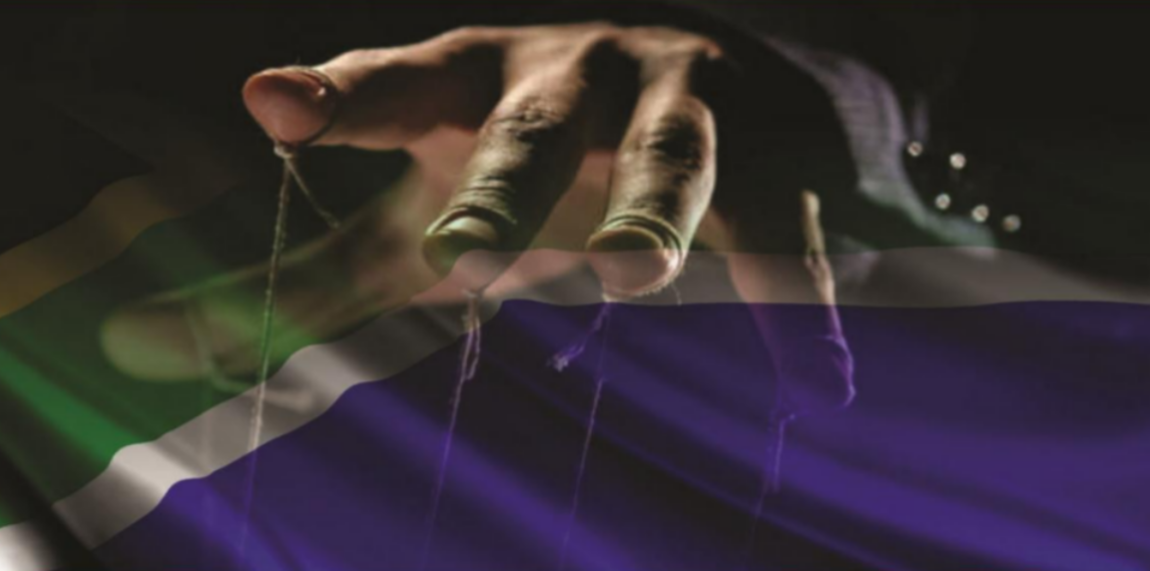To mark one year since the Kashmir lockdown, several activists from around the world have shared messages of solidarity for the people of Kashmir.
August 2020 marks one year since the Indian government revoked Article 370 and Article 35A in Indian-administred Kashmir. These articles protected Kashmiri’s right to self-determination. The revoking of the articles gave the Indian government greater control over the Kashmir state. The Indian government enforced a lockdown, jailed journalists and cut off the internet.
The video
Stand for Kashmir, a global solidarity movement to bring justice to Kashmir and encourage global citizens to take action released the video on August 04. The video features Rohingya, Uighur, Indigenous people, Palestinian and Black Lives Matter activists pledgding their support for the people of Kashmir. Notable activists featured in the video are Professor Cornel West, Omar Barghouti, Mariam Barghouti, Corrina Gould, Aya de Leon and Aydin Anwar.
Read more from Mariam Barghouti
All of the activists in their statements draw parallels between their current struggles and the struggles of the Kashmiri people.
Yasmin Ullah, a Rohingya activist said: “As a Rohingya, going through a process of what is called a genocide and living in fear of not being able to protect loved ones, I would never understand why the international community takes so long to respond.”
More information on the Rohingya:
“As the world is on the verge of a new beginning we must interrogate all forms of racism and we must refuse tyranny in all its forms,” said Corrina Gould, the spokesperson for the Confederated Villages of Lisjan/Ohlone.
Read more
Current situation in Kashmir with domicile law
With many Kashmiris still unsure of their future under Indian administration, the Modi government has sought to increase its control over the area. In March 2020, the Indian government redefined the domicile laws of Kashmir. It makes it easier for non-Kashmiris to obtain permanent residency and jobs in the region.
Before Kashmiris only required a permanent residence certificate. Now they will be required to get a domicile certificate for education, employment and housing in Kashmir. On the other hand, non-Kashmiris only have to provide either a ration card, educational records, or an employer certificate only to get the domicile certificate.
What were the articles revoked and what did it mean for Kashmir?
Article 370 was a special law which gave the mostly Muslim state of Kashmir significant autonomy from India. With the revocation of the article, the Indian government gave themselves greater authority of the region. The revoking of this article was an election promise from Indian prime minister Narendra Modi.
Read more here
“Article 35A of the Indian constitution allows the legislature of Indian-administered Kashmir to define the state’s “permanent residents” and what distinguishes them. It also prevented Indians from outside the state from buying land and permanently settling in the area. It was revoked along with Article 370.
What happened after?
When the articles were revoked, many prominent Kashmiri political leaders were placed under house arrest. The entire region was placed under lockdown with a large amount of Indian military forces placed in the region. The internet was also cut and till today it has not been fully restored. People were forced to stay in their homes with the troops patrolling the streets.
Read here
The Indian government has said all these new laws are being put in place to create better economic activities for the people of Kashmir. Writing in Al Jazeera, a writer from Kashmir notes: “There surely is a prospect for wealth accumulation and development in Kashmir, but as with any colonial endeavour, indigenous people are unlikely to benefit from them.”

![[slider] teach-me-how-to-write-azadi-kashmir](https://www.thedailyvox.co.za/wp-content/uploads/2016/09/Teach-me-how-to-write-azadi-kashmir.jpg)







